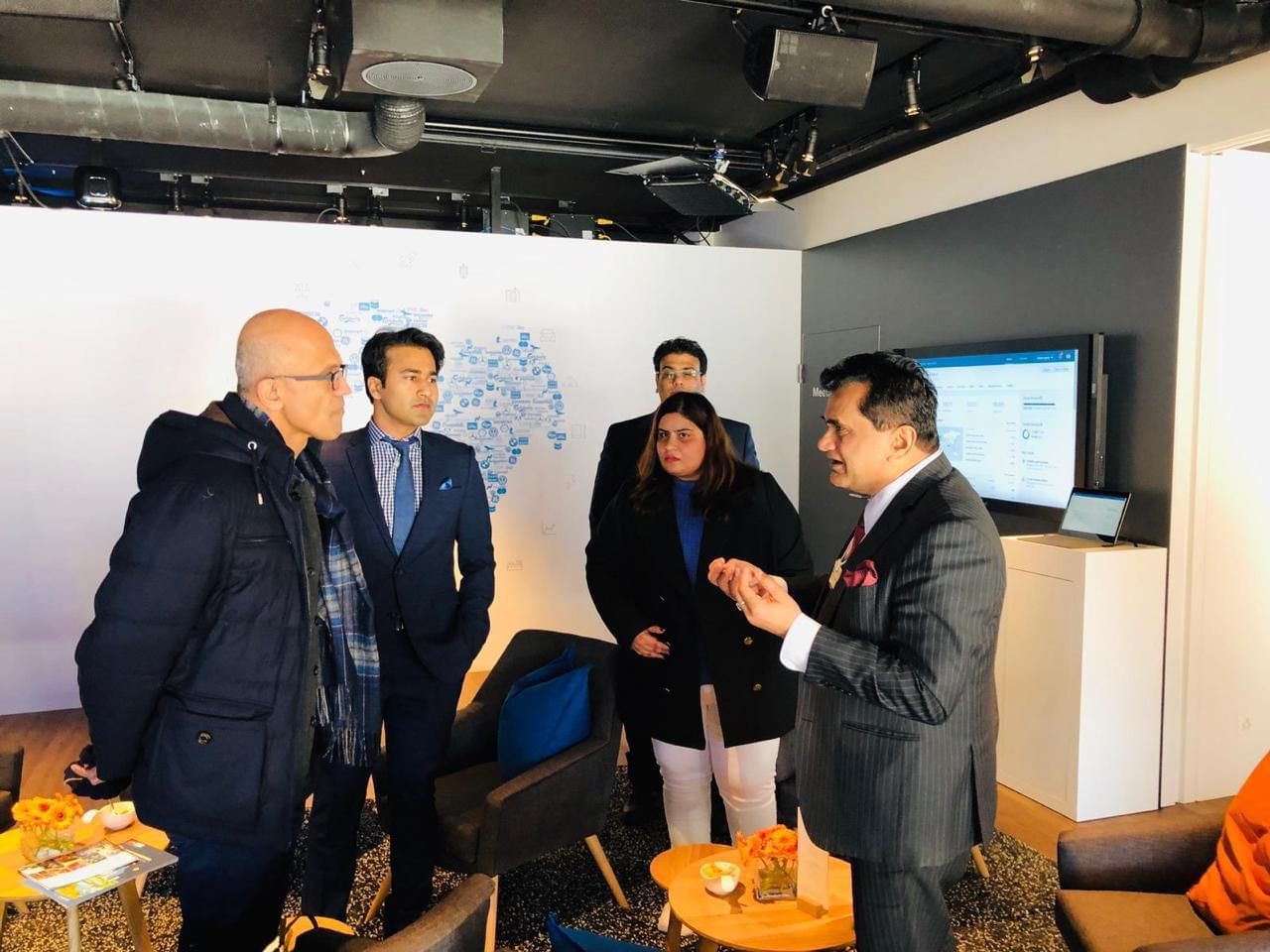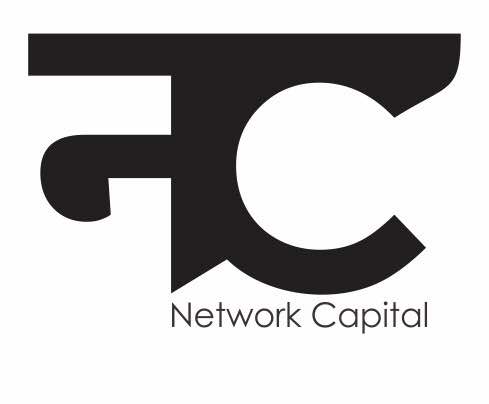Network Capital
As work changes, our adaptability quotient will score over our IQ or EQ
Utkarsh Amitabh
Keeping an open mind ensures our biases don’t colour our learning experiences
For years, the intelligence quotient (IQ) test, which measures analytical and mathematical ability, was considered the most accurate way of predicting work performance. Then, in the late 1990s, we witnessed the emotional intelligence (EQ) boom, with scholars such as Daniel Goleman, explaining how we’d been over-indexing on analytical abilities and ignoring relational aspects of work.
While both IQ and EQ are still important in the 21st century, it is our adaptability quotient (AQ) that will determine how well we do at work. The good news is that AQ isn’t fixed. There is a way to learn from the future as it emerges.
Take the case of Yangyang Cheng, for instance. She is an auditor-turned-stand-up comic, who moved to the US from China to teach Chinese at Pepperdine University.
Soon after, she hosted a hit TV show, Hello! Hollywood. Today, she is the co-founder of YoYo Chinese, an edtech company that has helped almost a million English speakers learn Mandarin online. There is no doubt that Cheng is smart but her competitive advantage is her AQ, the ability to change course and re-pivot in response to unanticipated changes.
Hitting Refresh
The founder of Massachusetts Institute of Technology’s Presencing Institute, Otto Scharmer, has developed a framework for strengthening adaptability of both individuals and organizations. His research suggests that we can strengthen our AQ by focusing on three core elements: open mind, open heart and open will.
First, keeping an open mind propels us to see the world with a fresh set of eyes and remain open to new possibilities. Following this approach also ensures that our bias doesn’t colour our learning experience. While learning from past mistakes and experiences is important, it doesn’t necessarily prepare us for future challenges in a world, where operating context is continually changing. That is why nudging ourselves to embrace the unknown is critical to building AQ.
First, keeping an open mind propels us to see the world with a fresh set of eyes and remain open to new possibilities. Following this approach also ensures that our bias doesn’t colour our learning experience. While learning from past mistakes and experiences is important, it doesn’t necessarily prepare us for future challenges in a world, where operating context is continually changing. That is why nudging ourselves to embrace the unknown is critical to building AQ.

Second, embracing new adventures with an open heart. Doing so augments our empathy and powers us with fresh perspective. Radical collaboration would be an essential skill for most jobs in the 21st century. We will have to learn to work with teams that constantly change in terms of structure, culture and composition. The ability to see any situation through another person’s eyes will help us forge networks essential for career advancement.
The third component of building our AQ is keeping an open will. This entails letting go of ego and embracing discomfort of the unknown. This is, of course, easier said than done. As we get more experience and develop more expertise, starting afresh is challenging. Our identity and personal brand is built over years of consistent work, and maintaining status quo is tempting.
The third component of building our AQ is keeping an open will. This entails letting go of ego and embracing discomfort of the unknown. This is, of course, easier said than done. As we get more experience and develop more expertise, starting afresh is challenging. Our identity and personal brand is built over years of consistent work, and maintaining status quo is tempting.
Precisely in moments like these we must remember that failing to evolve can spell doom for professional growth. The same things that made us successful in the past can be totally irrelevant in a different context.
Evolving doesn’t mean abandoning everything that worked for us. Microsoft CEO Satya Nadella’s book, Hit Refresh, offers a useful mental model. He suggests we should strive to retain elements of our past that gave us meaning and let go of baggage that weighs us down.
In 2000, Netflix co-founder Reed Hastings met John Antioco, the then chief executive of Blockbuster. He proposed a partnership to manage Blockbuster’s fledgling online business of movies and video games. At the time, Blockbuster was the undisputed market leader. Antioco dismissed Netflix.
Ten years after that meeting, Blockbuster filed for bankruptcy and Netflix’s valuation jumped to over $10 billion. Goldman Sachs’ Natalie Fratto explains that there is constant tension between exploration and exploitation.
Like Antioco, most of us tend to overvalue exploitation at the cost of developing our future selves. Now let’s contrast Antioco with Yangyang Cheng, who kept hitting refresh.
In 2000, Netflix co-founder Reed Hastings met John Antioco, the then chief executive of Blockbuster. He proposed a partnership to manage Blockbuster’s fledgling online business of movies and video games. At the time, Blockbuster was the undisputed market leader. Antioco dismissed Netflix.
Ten years after that meeting, Blockbuster filed for bankruptcy and Netflix’s valuation jumped to over $10 billion. Goldman Sachs’ Natalie Fratto explains that there is constant tension between exploration and exploitation.
Like Antioco, most of us tend to overvalue exploitation at the cost of developing our future selves. Now let’s contrast Antioco with Yangyang Cheng, who kept hitting refresh.
Without getting too attached to her success, she made adaptability a core component of her identity and created a meaningful career, riddled with adventures.
Consciously working towards building AQ will give you the motivation to learn, unlearn and relearn. AQ alone may not make you successful but a lack of it will ensure failure in the modern workplace.
**This first appeared in MINT.
Share this article
Also read
Career Intelligence
Resources
Copyright © 2026-2021 Network Capital

